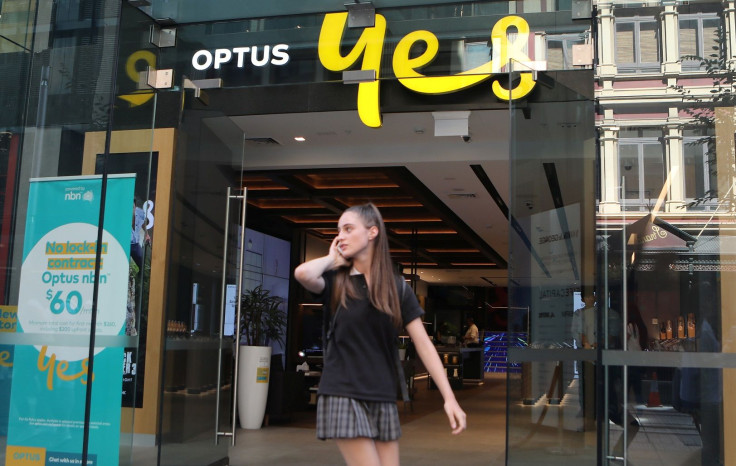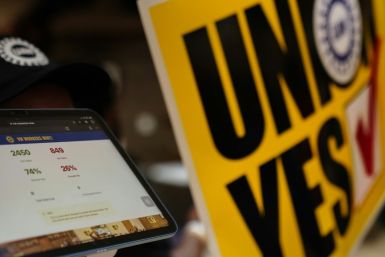Optus fined $1.5M for misleading customers on NBN signup

Optus has been ordered to pay a fine of $1.5 million for misleading customers. The Federal Court found that Australia’s second largest telco misled about 14,000 customers by saying their services would be disconnected if they did switch to its NBN services.
The Australian Competition and Consumer Commission (ACCC) launched legal action against Optus in December. From October 2016 to March 2017, Optus told about 14,000 customers that they had to move to the NBN or risk their services to be disconnected. The company also misled customers from October 2015 and September 2016 that they were required to obtain NBN services instead of choosing to switch to any provider.
Optus was entitled to receive migration payments from NBN Co for each customer that moved from the Optus HFC network to an NBN-based service. It called the financial target as “bounty,” and it earned $750,000 because of it.
“Optus pressured customers by misrepresenting the time period in which services could be disconnected,” ACCC Chairman Rod Sims said. It was later found that Optus could not force disconnection within that short time under the terms of its contract.
“Businesses should not make false representations which distort customers’ decision-making. This is particularly important when many Australians are moving to the NBN for the first time.
“It is illegal for businesses to mislead their customers and create a false impression through their communications. Today’s penalty serves as a warning to all businesses that such behaviour will be met with ACCC action.”
Optus has paid $833,000 in compensation since the ACCC investigation.
Last year, it was forced to compensate about 8,700 customers for charging them promised download speeds that they could not receive over the NBN. It boasted a maximum download speed of up to 100 Mbps and maximum upload speed of 40 Mbps on its most expensive plan, the Boost Max. But it turned out the telco was unable to provide what it promised.






